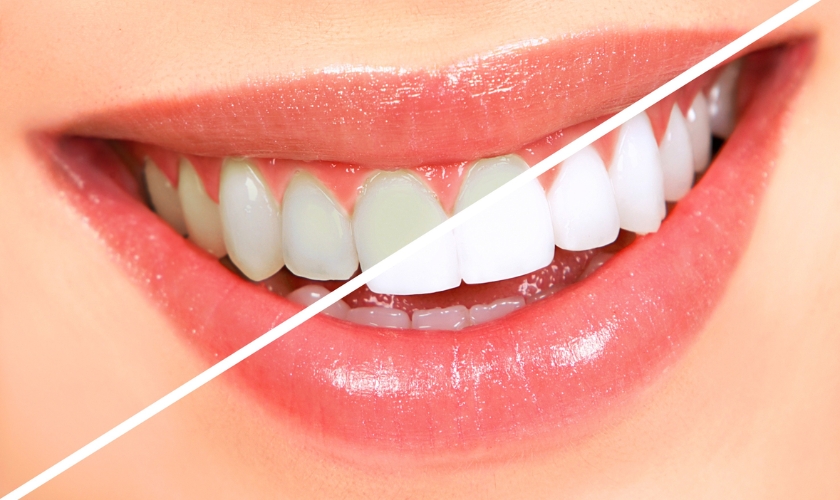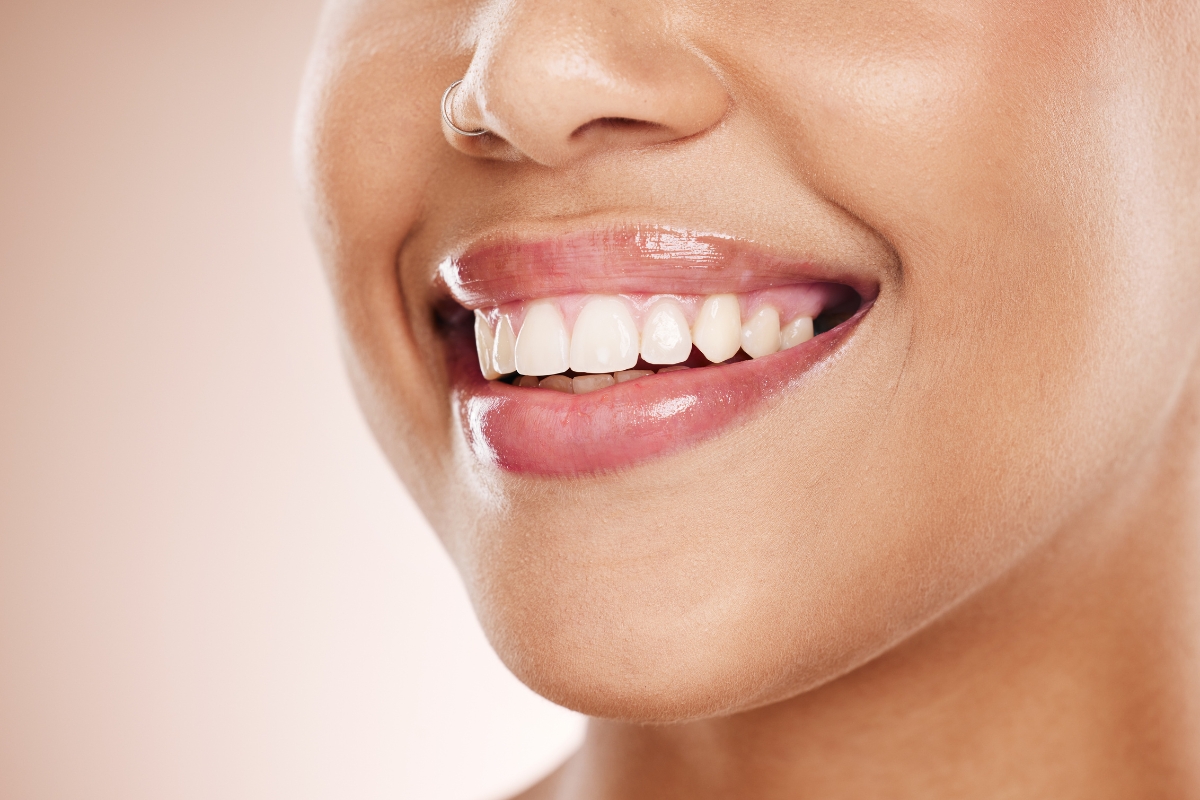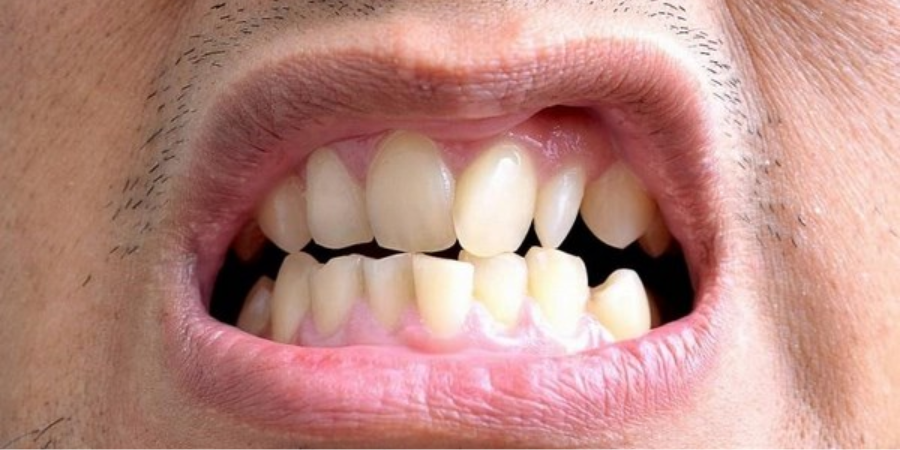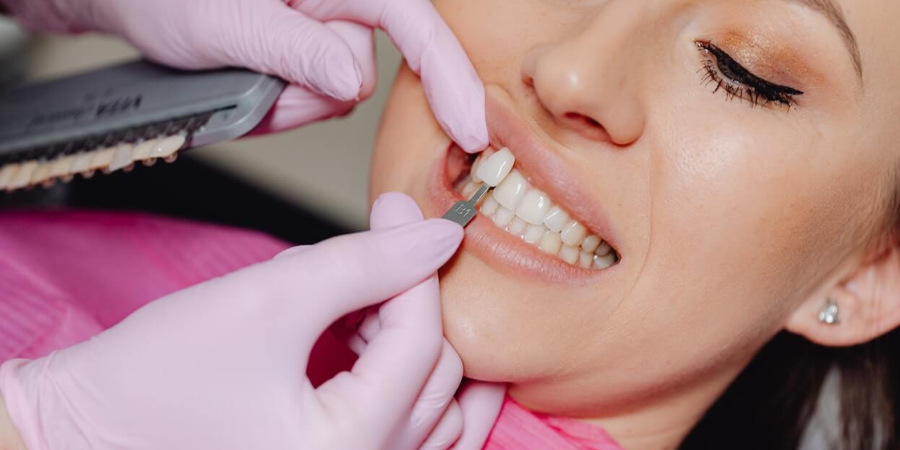
We all want a bright, radiant smile, but if you have sensitive teeth, traditional whitening treatments may seem intimidating. While some methods can lead to discomfort, there are effective alternatives that deliver impressive results without the pain. In this blog, we’ll guide you through safe and comfortable whitening solutions tailored for sensitive teeth.
Understanding Teeth Sensitivity
Before discussing the solutions, let’s first explore what causes teeth sensitivity. When enamel is worn down, or gums recede, the underlying dentin becomes exposed. Dentin contains tiny tubules that connect to the nerves of teeth, making them more sensitive to external triggers, including whitening products.
Common triggers for teeth sensitivity include:
- Cold or hot beverages
- Sugary or acidic foods
- Pressure during brushing
- Whitening treatments with high concentrations of hydrogen peroxide
With this understanding, it’s crucial to find whitening solutions that won’t aggravate your sensitivity.
Choosing the Right Whitening Solutions for Sensitive Teeth
Not all teeth whitening products are created equal. When selecting a treatment, we recommend looking for options that are formulated specifically for sensitive teeth or adjusting the method to reduce discomfort. Below are some options to consider:
1. Desensitizing Toothpaste with Gentle Whitening
One of the most accessible solutions is using a desensitizing toothpaste with gentle whitening agents. These kinds of toothpaste contain compounds like potassium nitrate or strontium chloride, which block pain signals from reaching the nerves. Over time, these formulas also provide mild whitening without causing sensitivity flare-ups.
Benefits include:
- Daily protection from sensitivity
- Gradual whitening effect
- Convenient use as part of your routine
2. Low-Peroxide Whitening Gels and Strips
Peroxide is the active ingredient in most whitening products, but higher concentrations can trigger sensitivity. For sensitive teeth, look for gels or strips with lower peroxide levels, which offer a safer way to achieve whiter teeth over a longer period.
Key benefits include:
- Reduced sensitivity during treatment
- Gradual whitening over several uses
- Over-the-counter availability
3. Professional Whitening with Desensitizing Treatments
If you prefer professional teeth whitening, many dentists offer in-office treatments tailored for sensitive teeth. These procedures often incorporate desensitizing agents before or after whitening to protect your teeth. Some treatments, such as custom whitening trays, allow you to control the peroxide concentration, reducing discomfort.
Why choose professional treatment?
- Custom-tailored solutions for your sensitivity
- Faster results compared to over-the-counter methods
- Expert supervision for optimal safety
4. LED Whitening Kits for Sensitive Teeth
LED whitening kits have gained popularity due to their convenience and gentle approach. These kits use light to activate the whitening gel, which typically has a lower concentration of peroxide than traditional products. Some LED kits even offer formulations specifically designed for sensitive teeth.
LED whitening benefits include:
- Less irritation due to lower peroxide concentrations
- Minimal discomfort with proper use
- Safe for home application under guidance
Post-Whitening Care to Minimize Sensitivity
Even with the best whitening methods, your teeth may still feel slightly sensitive after treatment. To ensure long-term comfort, consider the following post-whitening care tips:
1. Use a Desensitizing Gel
Applying a desensitizing gel after whitening can soothe teeth. These gels block the nerve pathways and provide relief within minutes.
2. Avoid Extreme Temperatures
Stick to lukewarm foods and drinks for 24-48 hours after whitening. Cold or hot items may trigger sensitivity.
3. Switch to a Soft-Bristled Toothbrush
A soft-bristled toothbrush is gentler on your teeth and gums, especially after a whitening treatment. Brush gently to avoid aggravating sensitive areas.
4. Maintain Good Oral Hygiene
Keeping your teeth clean prevents plaque buildup, which can exacerbate sensitivity. Continue brushing twice daily and flossing regularly.
5. Avoid Staining Foods and Drinks
Post-whitening, your teeth are more susceptible to staining. For at least 48 hours, try to avoid foods and drinks like coffee, tea, red wine, and berries, which can darken your enamel.
Common Myths About Whitening for Sensitive Teeth
When exploring whitening options, it’s essential to separate fact from fiction. Here are a few myths about teeth whitening for sensitive teeth that need to be debunked:
- Myth 1: Whitening is harmful to your teeth
Fact: When done correctly, teeth whitening is safe and doesn’t cause permanent damage. Always choose dentist-recommended products or visit a professional for advice. - Myth 2: All whitening products cause discomfort
Fact: While some over-the-counter products may irritate sensitive teeth, there are many options formulated specifically to minimize discomfort. - Myth 3: Whitening results are permanent
Fact: Whitening is not permanent, and maintaining results requires occasional touch-ups, especially if you consume staining foods or drinks.
Additional Tips for Sensitive Teeth
If you’re dealing with ongoing sensitivity, you may need more than just whitening solutions. Here are a few general tips to help keep your teeth comfortable:
- Fluoride treatments: Using fluoride mouthwashes or gels strengthens enamel and reduces sensitivity.
- Diet adjustments: Limiting acidic or sugary foods helps protect enamel from further erosion.
- Regular dental checkups: Routine visits to your dentist can prevent sensitivity from worsening by addressing underlying issues early.
Why Should You Consult a Cosmetic Dentist for Whitening?
Consulting a trusted local cosmetic dentist before starting any whitening treatment is always a good idea, especially if you have sensitive teeth. A dental professional can assess your enamel, gum health, and overall oral condition to recommend the best whitening strategy for you.


